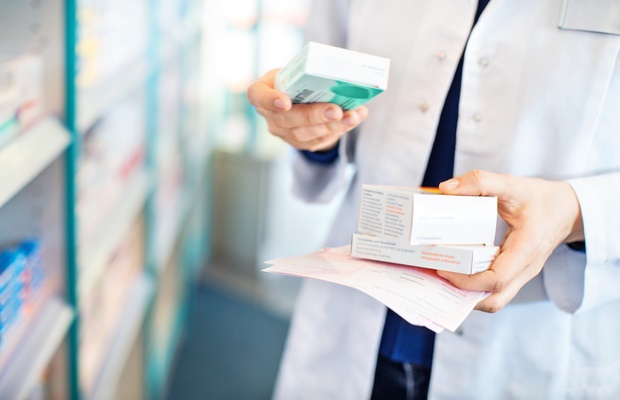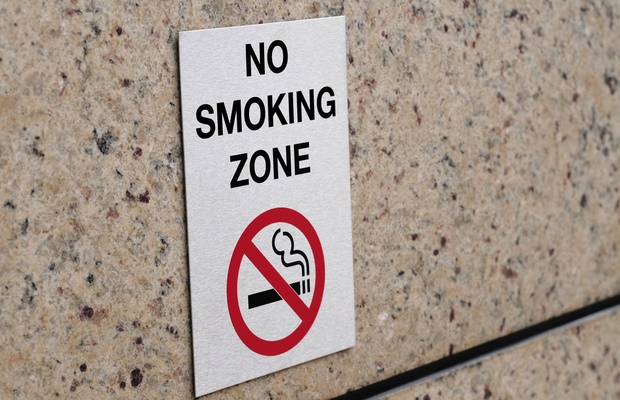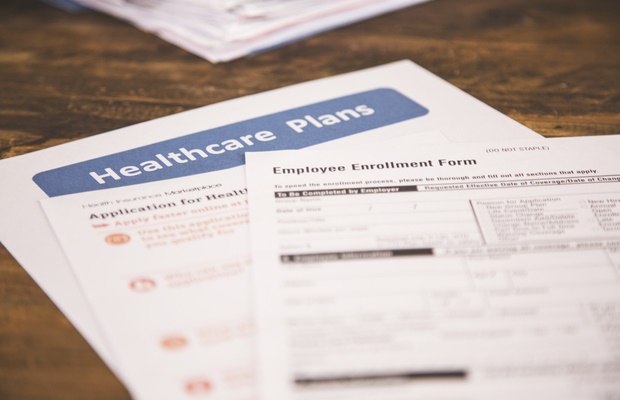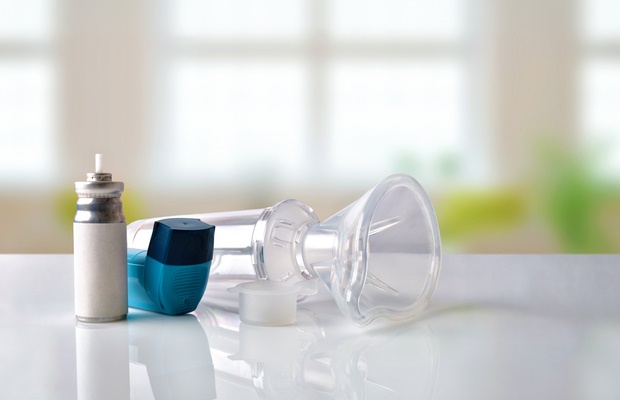[unable to retrieve full-text content]


[unable to retrieve full-text content]

[unable to retrieve full-text content]

There’s such a thing as too much information when it comes to learning about your genes, two new studies suggest.
In one study, participants thought they were learning about their genetic risk for depression, not knowing that the test results they were given had been made up at random.
The study participants who were told they had a higher genetic risk for depression recalled having experienced more symptoms of depression than did those who were told they did not have an increased genetic risk.
Distorted memories
“These results suggest that merely being told they have a genetic propensity toward depression might actually distort people’s memories about how much depression they’ve experienced in the past,” the study’s lead author, Matthew Lebowitz, said in a Yale University news release.
The study’s co-author, Woo-kyoung Ahn, a psychology professor at Yale, added that “this is particularly alarming when we consider that patients’ memories about their own subjective experiences are the primary information used to make a psychiatric diagnosis.”
The findings were published in the Journal of Consulting and Clinical Psychology.
In a second study by the same research team, participants who were told they did not have a genetic risk for obesity rated diet and exercise as less important, and were much more likely to eat unhealthy foods than were participants who were not given this information.
The study, available online, will be published in the journal Appetite.
False sense of invulnerability
“It seems that when people were told they did not have a particular genetic susceptibility to obesity, they assumed that they wouldn’t have to worry about what they ate or how much exercise they got,” Ahn said.
This “genetic invincibility effect” can give people a false sense of invulnerability, according to the researchers.
Lebowitz said, “Providing people with information about their own genes is likely to become an increasingly common practice in many areas of health care, and this will probably have a lot of benefits.”
But, he added, “While the advantages of increased access to genetic information seem to be widely recognised, our findings suggest that there might also be some downsides that the field needs to grapple with.”
Image credit: iStock

Although people with asthma are usually good at keeping their symptoms under control, a different environment or hot, humid weather can trigger and aggravate symptoms.
It’s almost holiday time, and whether you are living it up locally or travelling abroad, here are a few steps you can take for a worry-free holiday.
1. Talk to your doctor about adjusting your medication
If you plan to visit a hotter, more humid (or drier) region than you are used to, chat to your doctor about adjusting your medication to keep your symptoms under control. Especially humidity can worsen your asthma symptoms.

2. Make sure your prescriptions are up to date
If you are travelling, it’s important to make sure that you have enough medication. You might not be able to update your prescription while you are away, and you don’t want to run out.

3. Be careful of chlorine
Planning to swim? High chlorine levels can trigger asthma symptoms. An incorrect pH level and poor general maintenance of a public pool may worsen your symptoms. If your child has asthma, do not let them swim unsupervised and always keep their inhaler at hand in case of an attack.

4. Request smoke-free, mould-free accommodation
Check with your host or hotel front desk beforehand to make sure that your accommodation is smoke-free and maintained for mould. These two factors could worsen symptoms and make your stay unpleasant.

5. Check your medical aid or scheme
If you are travelling abroad, check whether your medical aid covers you or your children for doctor’s visits or emergencies in case of an asthma attack. If you travel locally, check to see which hospitals or doctors in the area belong to your network to prevent additional costs during an emergency.

6. Think ahead
If you know that you or your children are affected by pollen, use a weather app such as Accuweather to determine the humidity and pollen count in the area beforehand.

7. Pack your own bedding
Bring your own pillow cases and sheets in case your asthma is triggered by dust or dust mites. This will help to make you and your children feel more secure.

8. Check and double-check
Make a list of essential medication such as inhalers, spacers and nebulisers so that you don’t forget anything when you travel.

9. Stay hydrated and healthy
Drink plenty of fluids to stay hydrated during hot weather. Also wash your hands regularly to avoid picking up germs which could lead to infections.
10. Have fun
Don’t let asthma hold you or your kids you back. Teach your children that they can absolutely swim and partake in physical activities while suffering from asthma, as long as they are prepared and careful. Know the signs when asthma is about to turn into a medical emergency and keep a watchful eye on your children. But also remember to relax and have fun!

Image credits: iStock

Babies are born prematurely every day. In fact, the World Health Organization (WHO) estimates that 15 million babies are born prematurely (before 37 weeks) each year, and the tally continues to rise.
Premature births are also one of the leading causes of death among children under the age of five. Some are attributed birth complications, but others are the result of illnesses, such as pneumonia, malaria and diarrhoea.
Breast milk is the number one source of nutrition and antibodies to help premature babies build and strengthen their immune system, along with helping growth and development of underdeveloped organs and functions of their tiny bodies.
Premature babies spend months in the neonatal wards at hospitals after their mothers are discharged. These babies’ mothers are required to make frequent trips to and from the hospital.
The continuous struggle
An audit within the unit found that most moms come from Hanover Park, Gugulethu and Mitchells Plain. Travelling to and from the hospital is not easy for them because some have to take more than one taxi, bus or train to get to the hospital. Some simply cannot afford the trek.
While the hospital does have limited lodging facilities, this isn’t enough to host all moms with premature babies. Groote Schuur Hospital has 75 beds in the neonatal unit, according to neonatologist, Dr Lloyd Tooke.
This makes it challenging for moms of premature babies to provide milk on a regular basis for their babies.
Got milk?
The Newborns Trust, Scully Scooters, Relate Bracelets and Consol glass have come together to establish a project – the Mom’s Milk on the Move (MoM).
Moms are given jars to hold the milk they send to the hospitals for their baby, or milk they would like to donate to the hospital’s milk bank. Their jars are labelled with a sticker so that all milk can be tracked.
One of two scooter riders then collects the milk from the mom at her home and delivers it to the hospital, where it goes through a pasteurising process and then to the babies.
Little warriors
Premature babies have been called little fighters because they’re constantly fighting off death, and breast milk is known to be their number one weapon.
CEO of Groote Schuur Hospital and Chairperson for the Newborns Trust, Dr Bhavna Patel, said: “The internal organs aren’t as developed yet for them to be able to digest powdered milk or other forms of milk, so they need their moms’ breast milk to grow and make them healthier.
“These babies stay in the unit for three to four months until they reach a suitable weight before they can go home. The parents cannot come in daily. Some of them live far away, but even those who live close by don’t have the resources to travel and bring their milk in every day.”
The WHO states that one of the illnesses premature babies die from is necrotising enterocolitis – where the gut and intestinal tissues are damaged and begin to die. This is usually because the premature infant is given formula instead of breast milk.
While formula may be fine for babies who have been carried to term, premature infants’ intestines are too immature to process formula correctly, often with fatal results.
“We have about 500 babies who weigh less than 1.5kg a year, and more than 85% of them survive. They are able to go home in good health. They come back for checkups and do really well. I think that as these babies get more breast milk, that 85% figure may increase,” said Tooke.
Looking to the future
Scully Scooters’ two riders will be travelling to various areas in the Cape to collect milk, and even though every precaution will be taken to ensure their safety, project managers and staff realise there is only so much they can do. MoM are working towards growing the initiative and have hopes of it expanding across the country.
“We worry about the safety of the riders on the scooters and the areas, like the red zones they would have to visit, but there is always a vision for growth and improvement. Because we are a state-owned facility, we can only fund certain things, and we are dependent on the goodwill of people to come forward and offer their time, funds and resources,” said Dr Patel.
NEXT ON HEALTH24X

Researchers found a lower risk of cardiovascular disease in owners of dogs, especially hunting breeds.